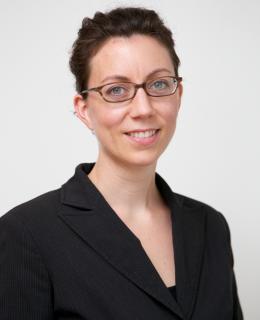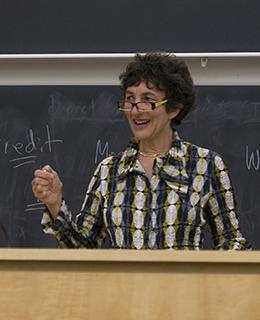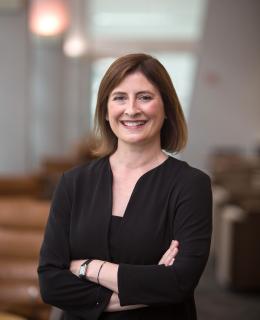In the fight against persistent injustice and inequity at home and abroad, lawyers serving the public interest can be powerful advocates for equal economic opportunity, criminal justice reform, racial justice, gender equality, immigrants’ rights, and fair housing.
How can lawyers and the law create a more just society and advance the basic rights of individuals around the world?
Columbia Law School expertly trains and nurtures lawyers who use their skills to create positive change. Since the early days of the U.S. civil rights movement, Columbia Law faculty and alumni have had pivotal roles in social justice and human rights organizations such as the NAACP Legal Defense and Educational Fund, the United Nations, and Amnesty International. More recently, they have served as driving forces behind concepts such as intersectionality and critical race theory. The Law School continues to equip lawyers to use their skills for creating positive change in all aspects of society.
Why Columbia?
Explore a robust curriculum that provides a solid grounding in civil and human rights and in lawyering for change, led by faculty deeply involved in promoting justice and equality around the world. In advanced seminars, learn about topics including capital punishment, poverty law, critical debates within the field of intersectionality studies, and human rights reparations under domestic and international law.
Advocate for change while practicing in clinics focused on human rights, immigrants’ rights, juvenile justice, and mass incarceration. Learn how impact litigation, representation, and grassroots advocacy can help remedy systemic problems in health justice, housing, immigration, and incarceration through externships with legal aid organizations.
Gain practical experience through summer funding—among the most generous at U.S. law schools—for public interest jobs. After graduation, the Loan Repayment Assistance Program and post-graduate fellowships provide Columbia Law alumni with financial support for public interest work.
Become a Max Berger ’71 Public Interest/Public Service Fellows Program to access a supportive community, connections with mentors, professional development and reflective learning opportunities, and specialized career and curricular counseling. For LL.M. candidates, Human Rights Fellowships provide financial support and tailored skills and career development.
“Clinics are aimed at providing pro bono representation, but we do it with a very low caseload so that we can spend a lot of time teaching the students to practice law. We teach what we call client-centered lawyering, and we believe that students learn as much about the social challenges underlying the legal issues from the clients as they do from the faculty.”
—Brett Dignam, Clinical Professor Emerita of Law





























